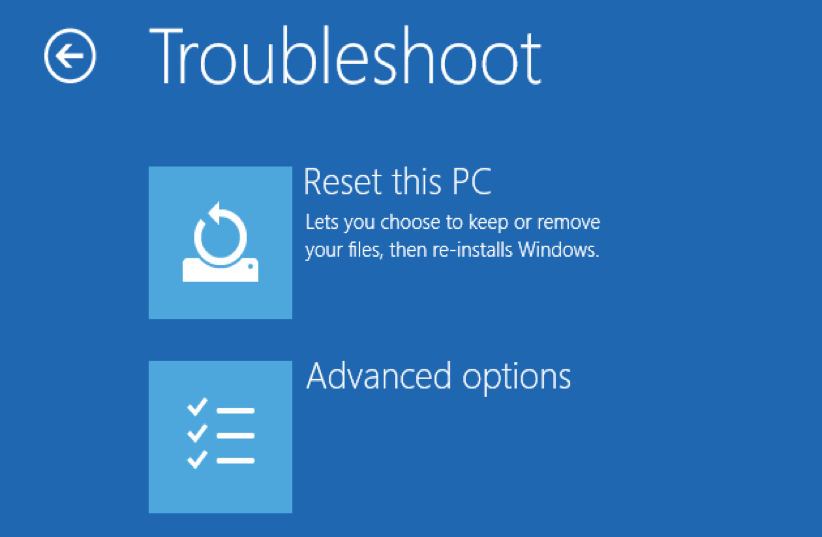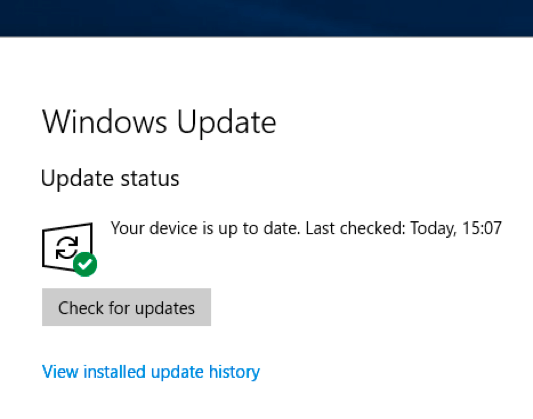| Info de fichier | Description |
|---|---|
| Taille du fichier : | 731 kB |
| Date/heure de modification du fichier : | 2020:03:30 13:28:57+00:00 |
| Type de fichier : | Win64 EXE |
| Type MIME : | application/octet-stream |
| Type de machine : | AMD AMD64 |
| Horodateur : | 2036:01:19 21:55:17+00:00 |
| Type de PE : | PE32+ |
| Version Linker : | 14.20 |
| Taille du code : | 562176 |
| Taille des données initialisées : | 176128 |
| Tailles des données non initialisées : | 0 |
| Point d'entrée : | 0x81e90 |
| Version OS : | 10.0 |
| Version de l'image : | 10.0 |
| Version du sous-système : | 6.0 |
| Sous-système : | Windows GUI |
| Numéro de version du fichier : | 1.1.16500.1 |
| Numéro de version du produit : | 1.1.16500.1 |
| Masque drapeaux de fichier : | 0x003f |
| Drapeaux de fichiers : | (none) |
| Fichier SE : | Windows NT 32-bit |
| Type de fichier objet : | Executable application |
| Sous-type de fichier : | 0 |
| Code de langue : | English (U.S.) |
| Jeu de caractères : | Unicode |
| Nom de la société : | Microsoft Corporation |
| Description du fichier : | Microsoft Malware Protection Signature Update Stub |
| Version du fichier : | 1.1.16500.1 (131ac086acfdb473639c9725b9f688bbfa1e0229) |
| Nom interne : | MpSigStub.exe |
| Droit d'auteur légal : | © Microsoft Corporation. All rights reserved. |
| Nom du produit : | Microsoft Malware Protection |
| Version du produit : | 1.1.16500.1 |
✻ Portions de données de fichiers fournies par Exiftool (Phil Harvey) distribuées sous la licence de Perl Artistic.









